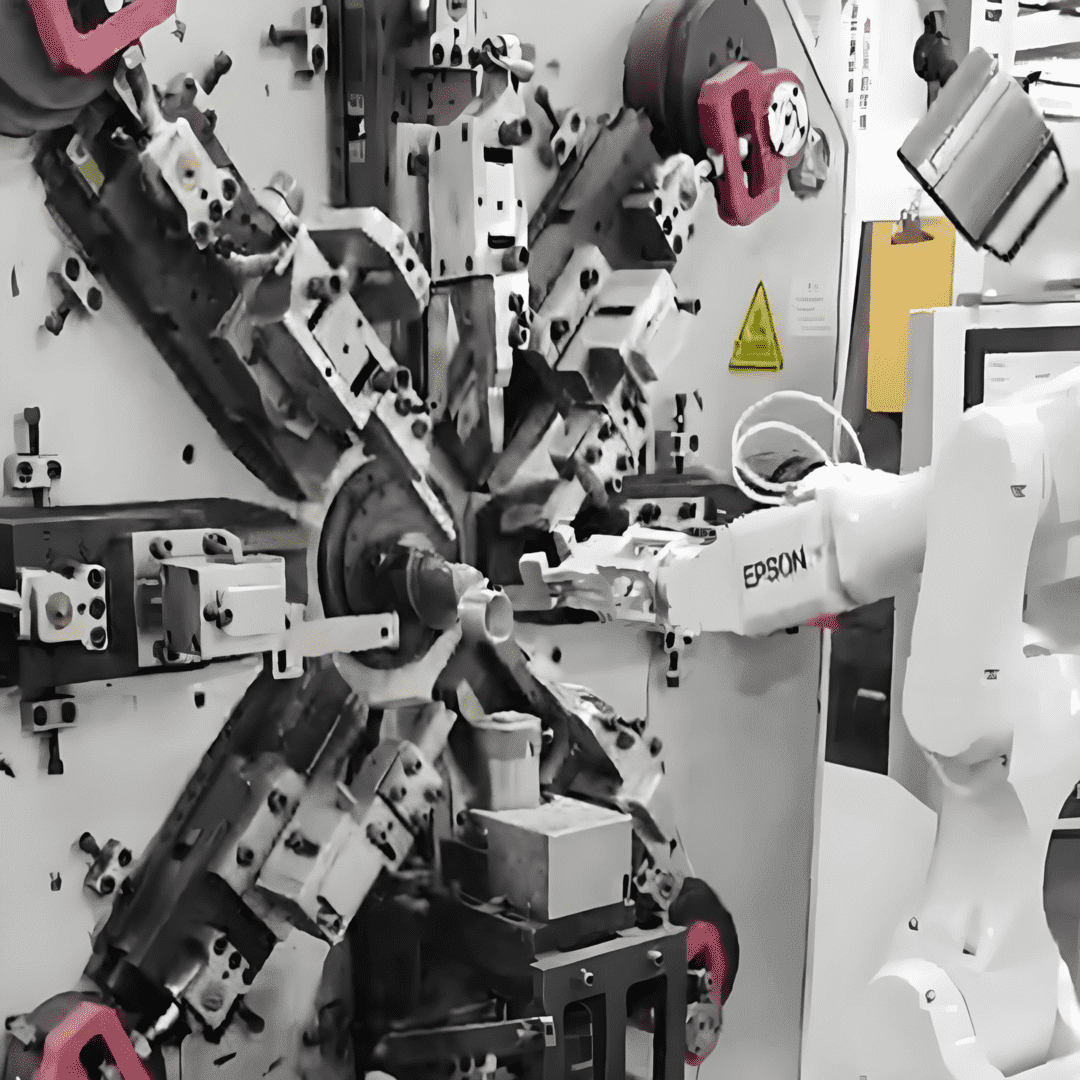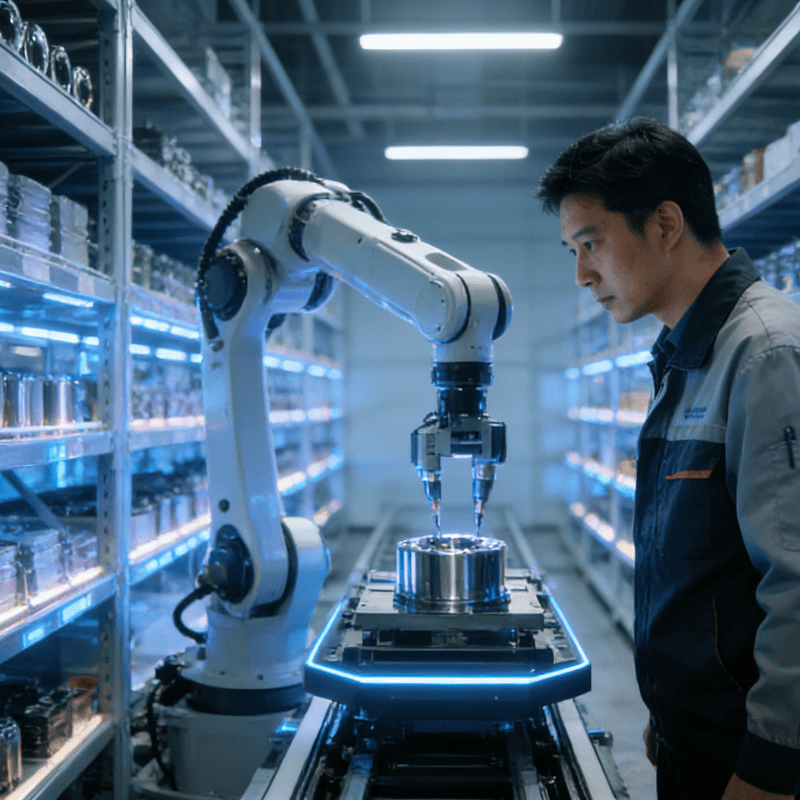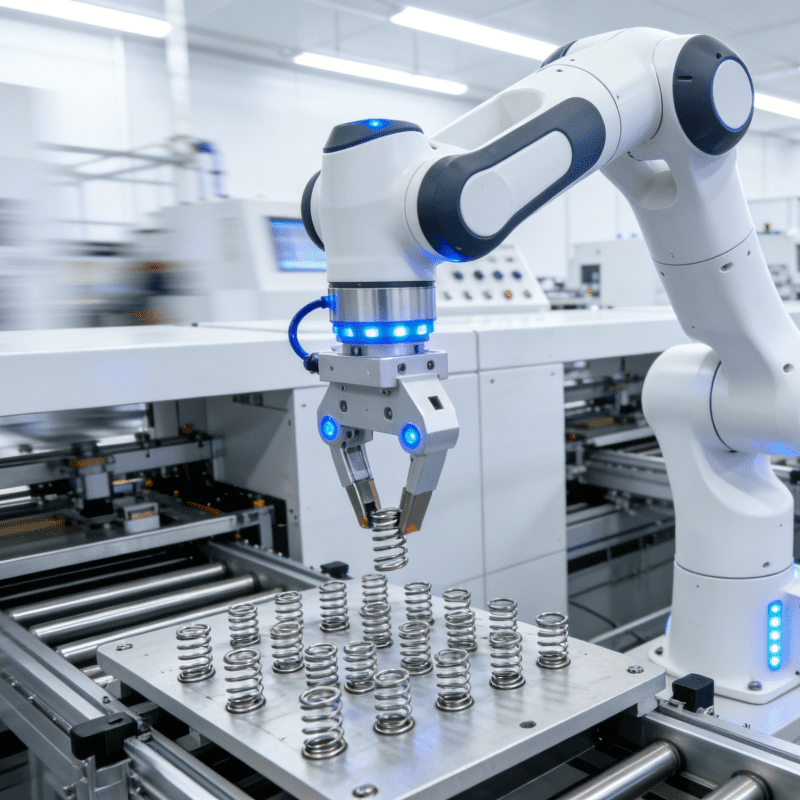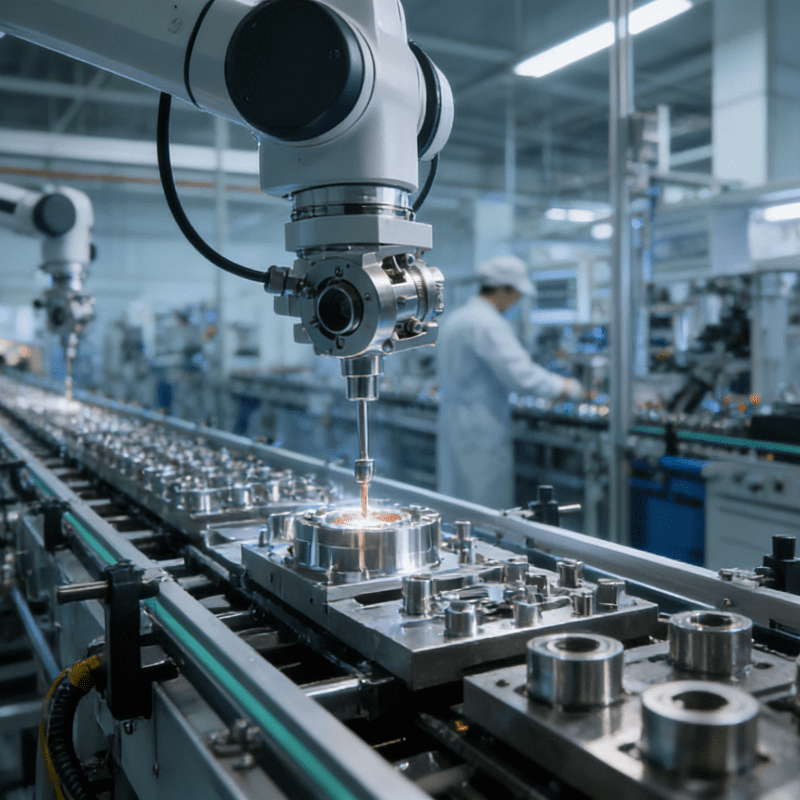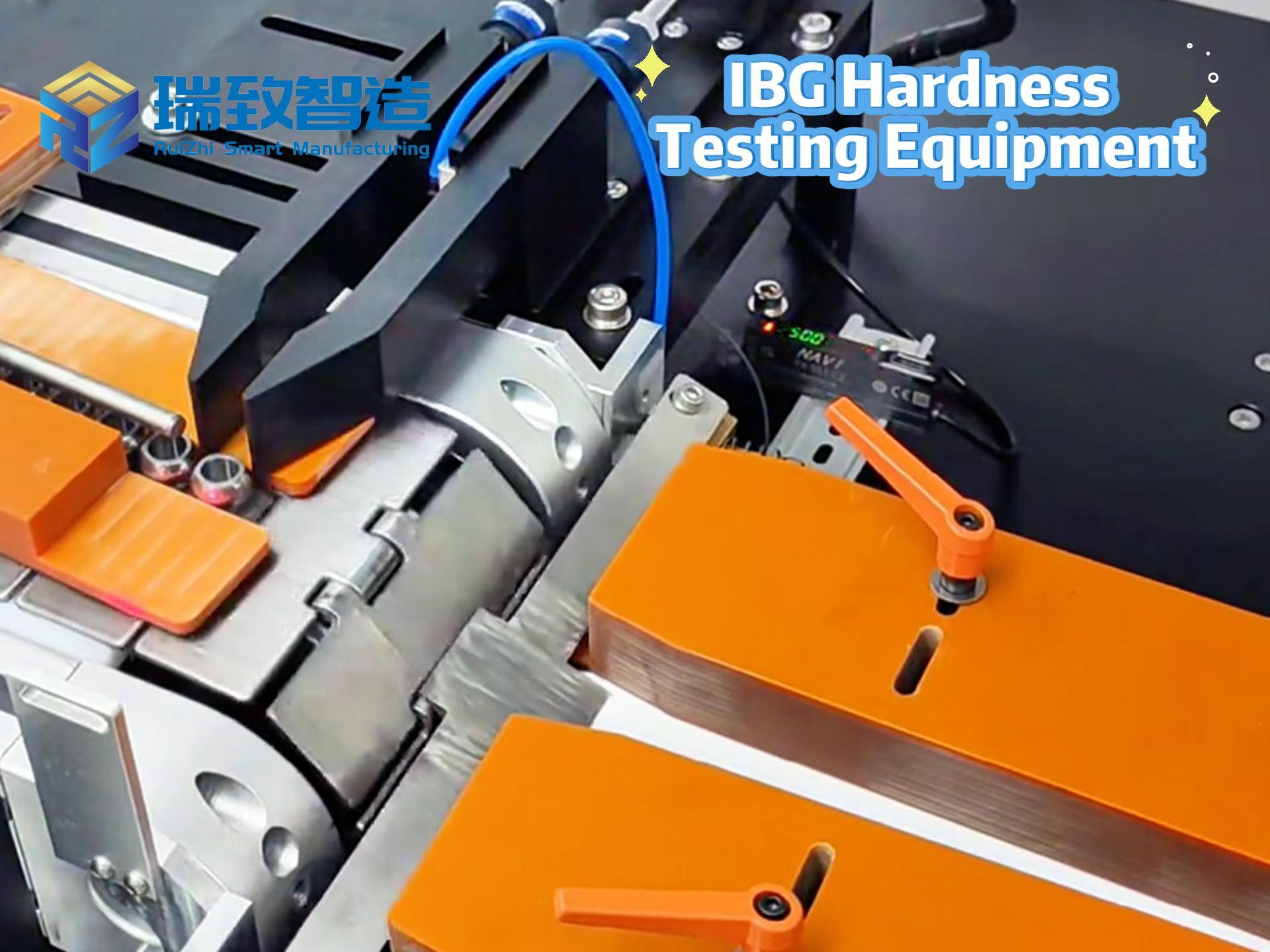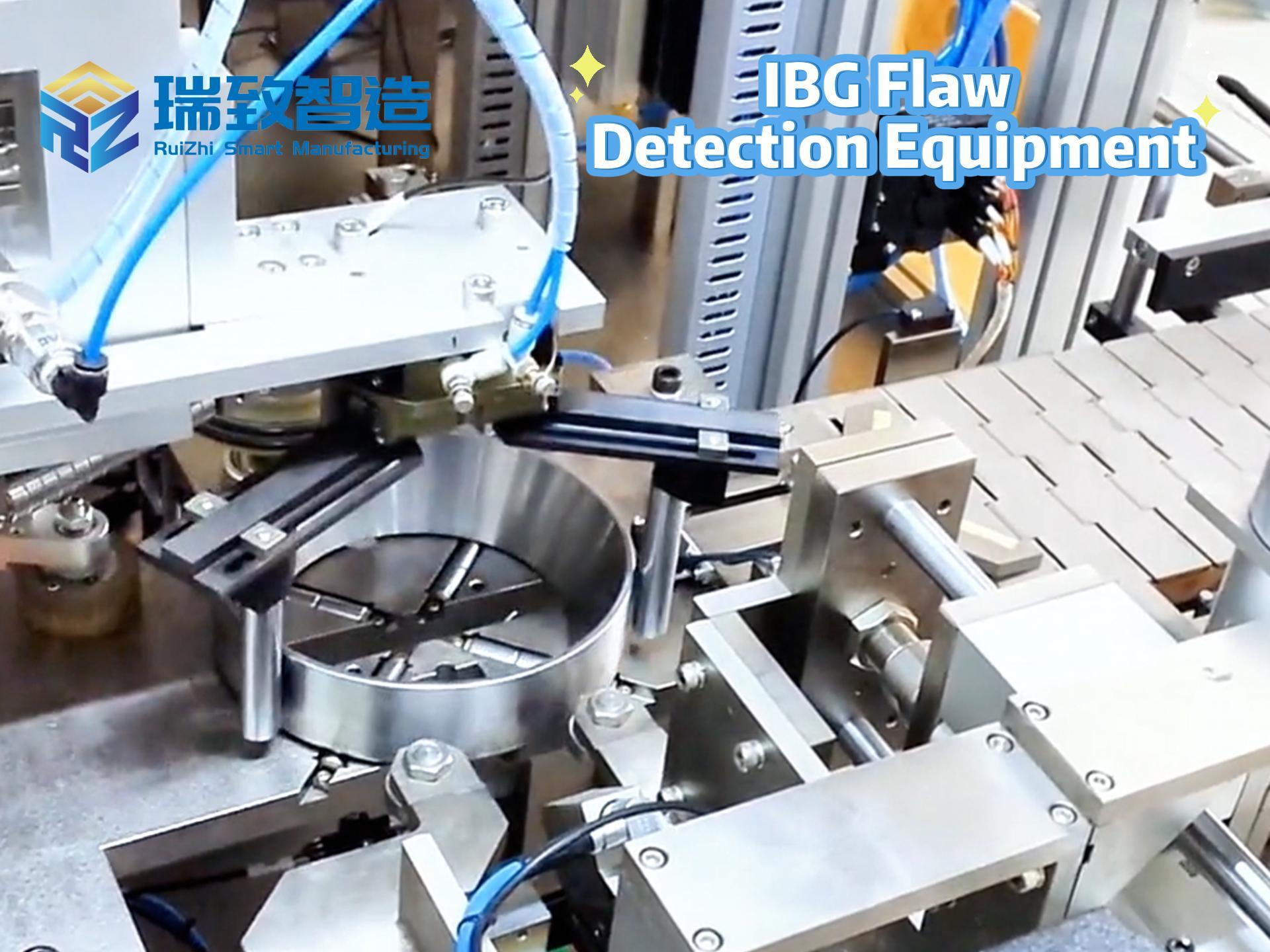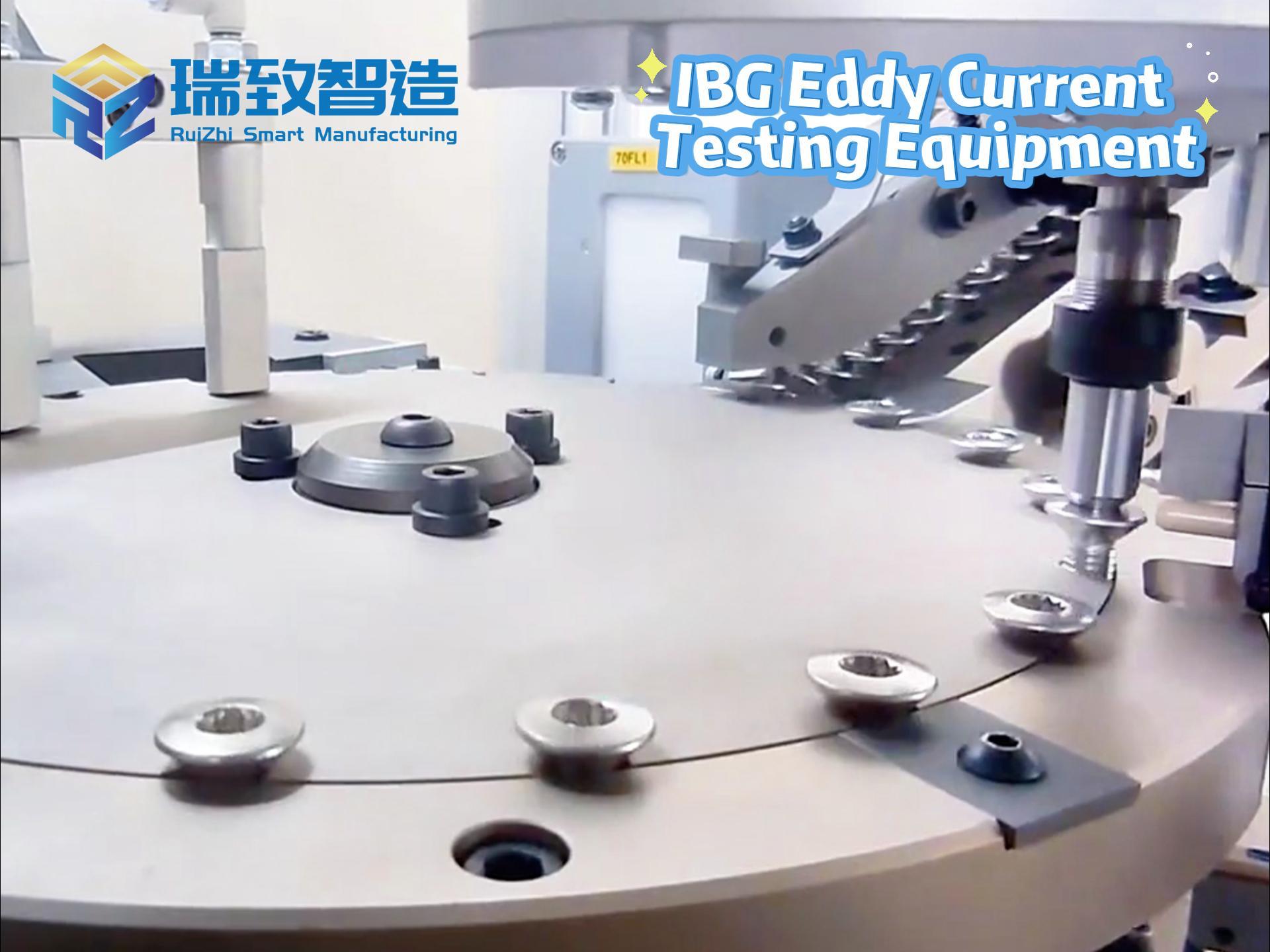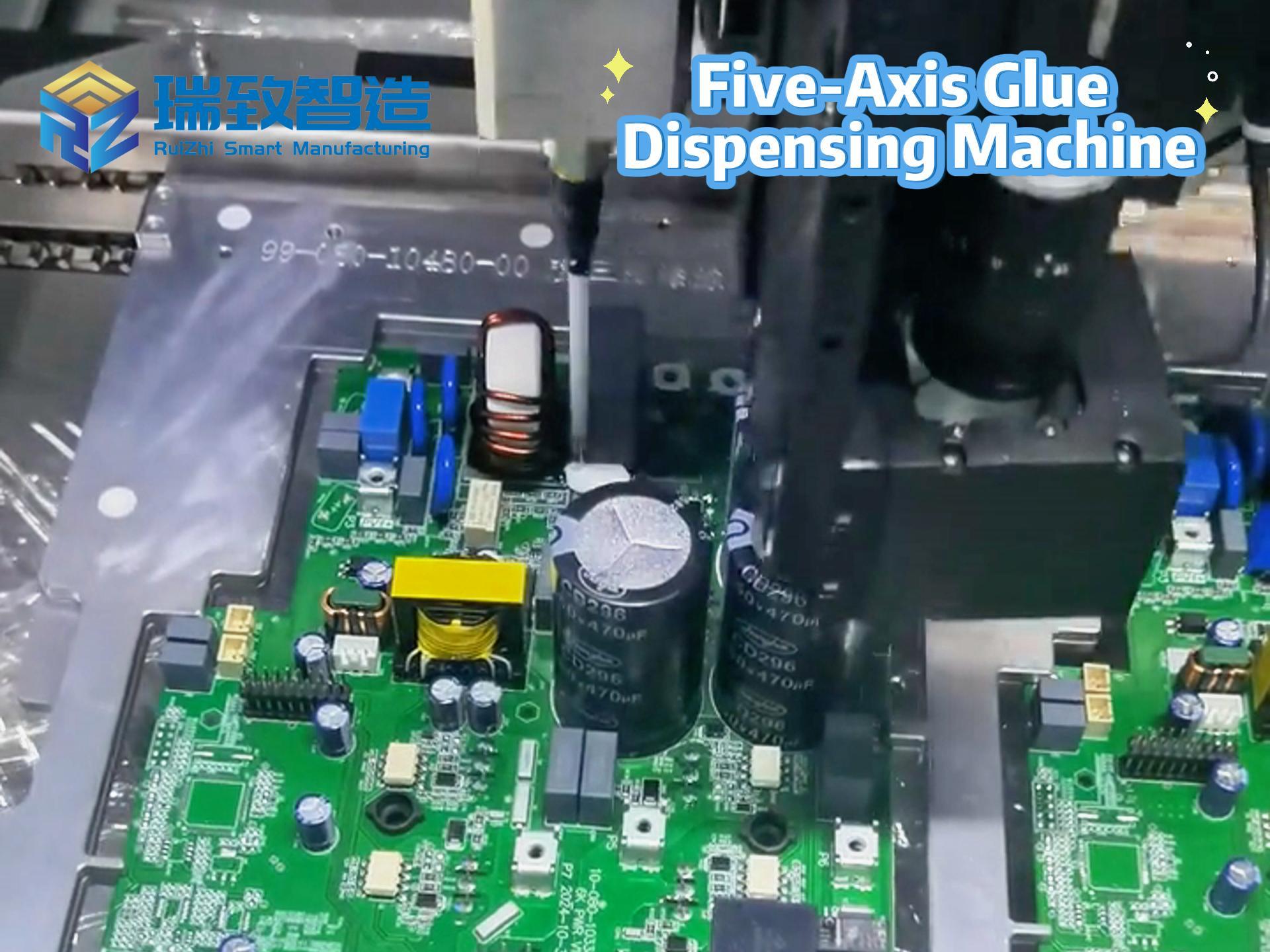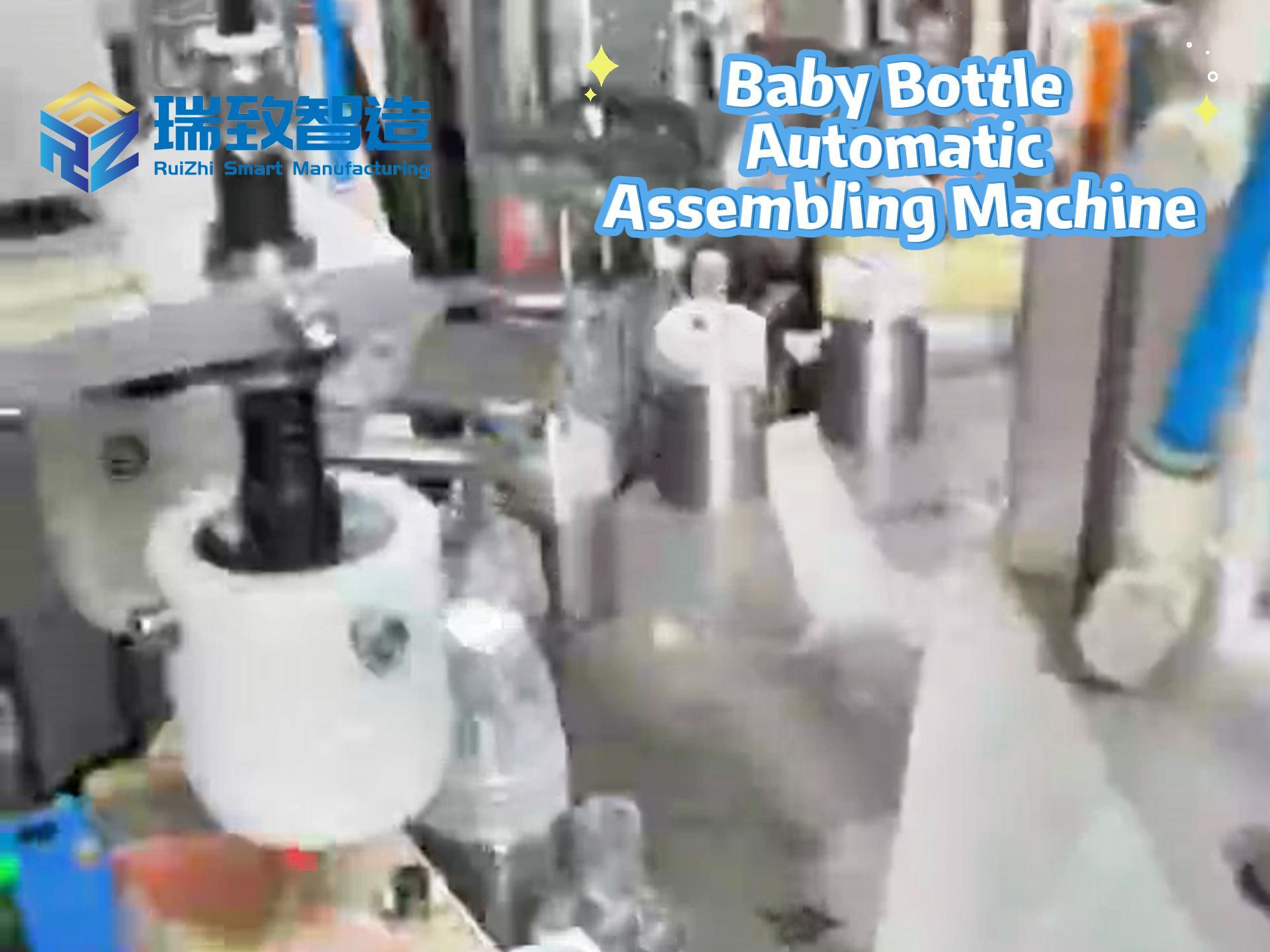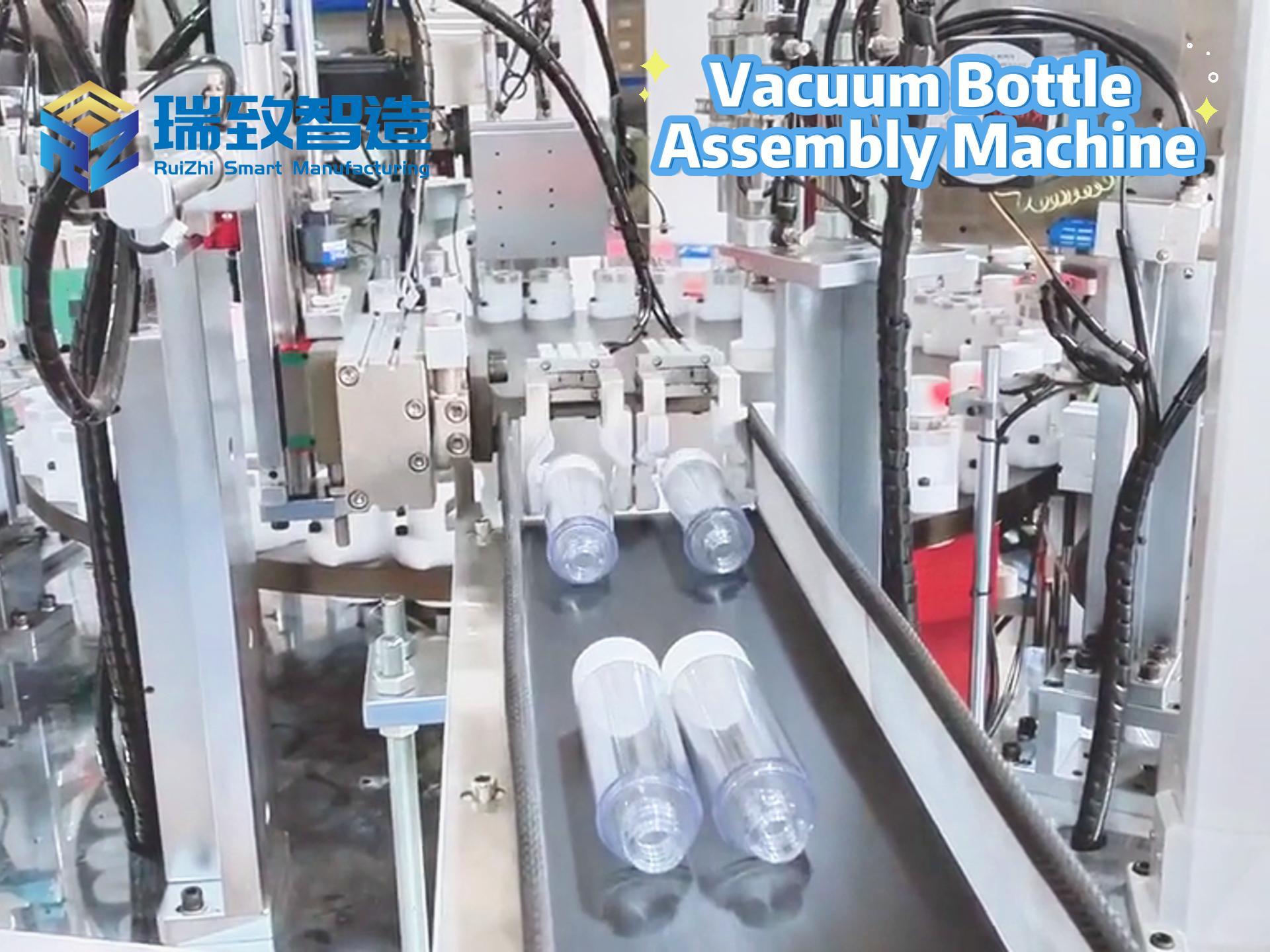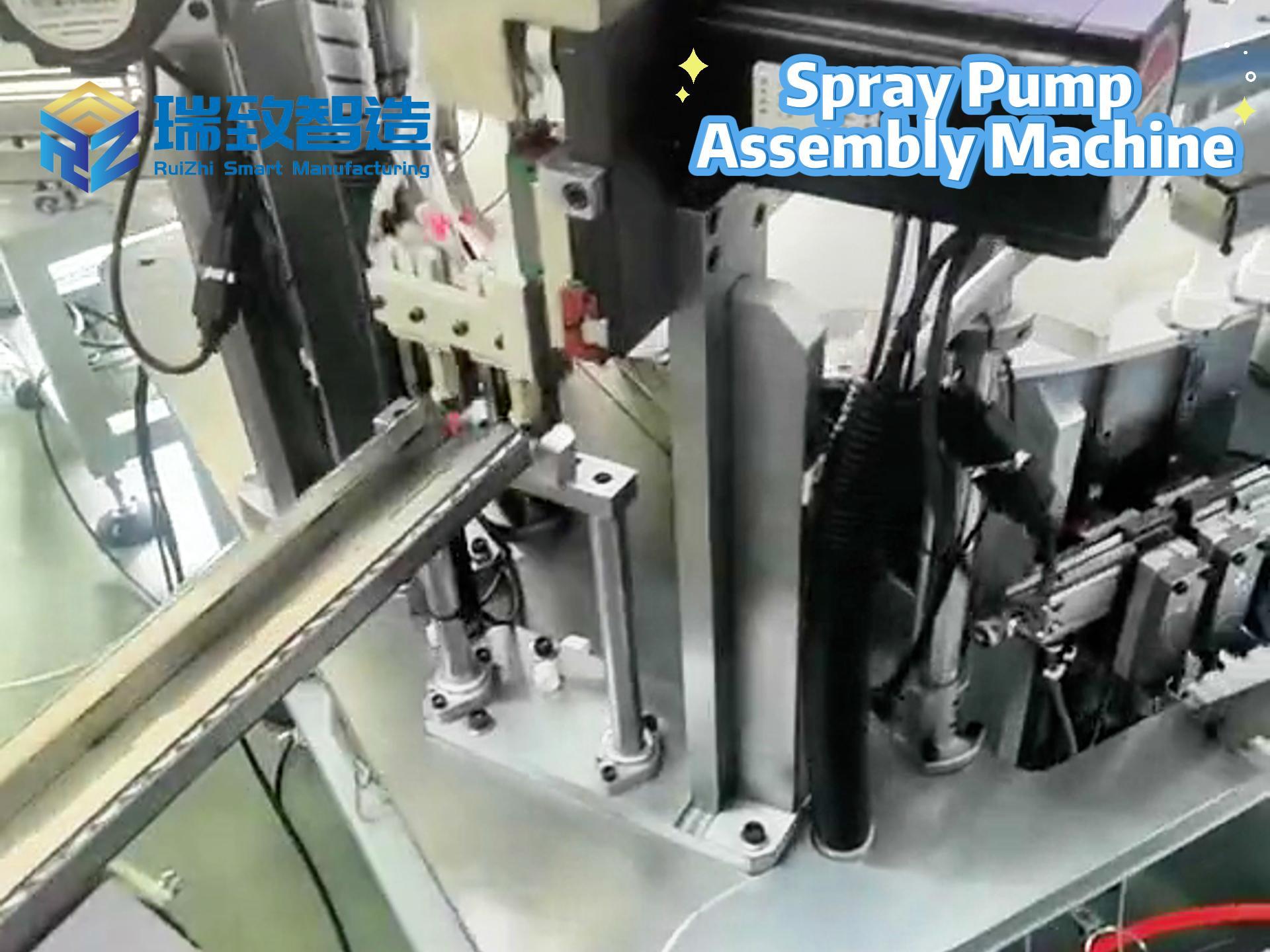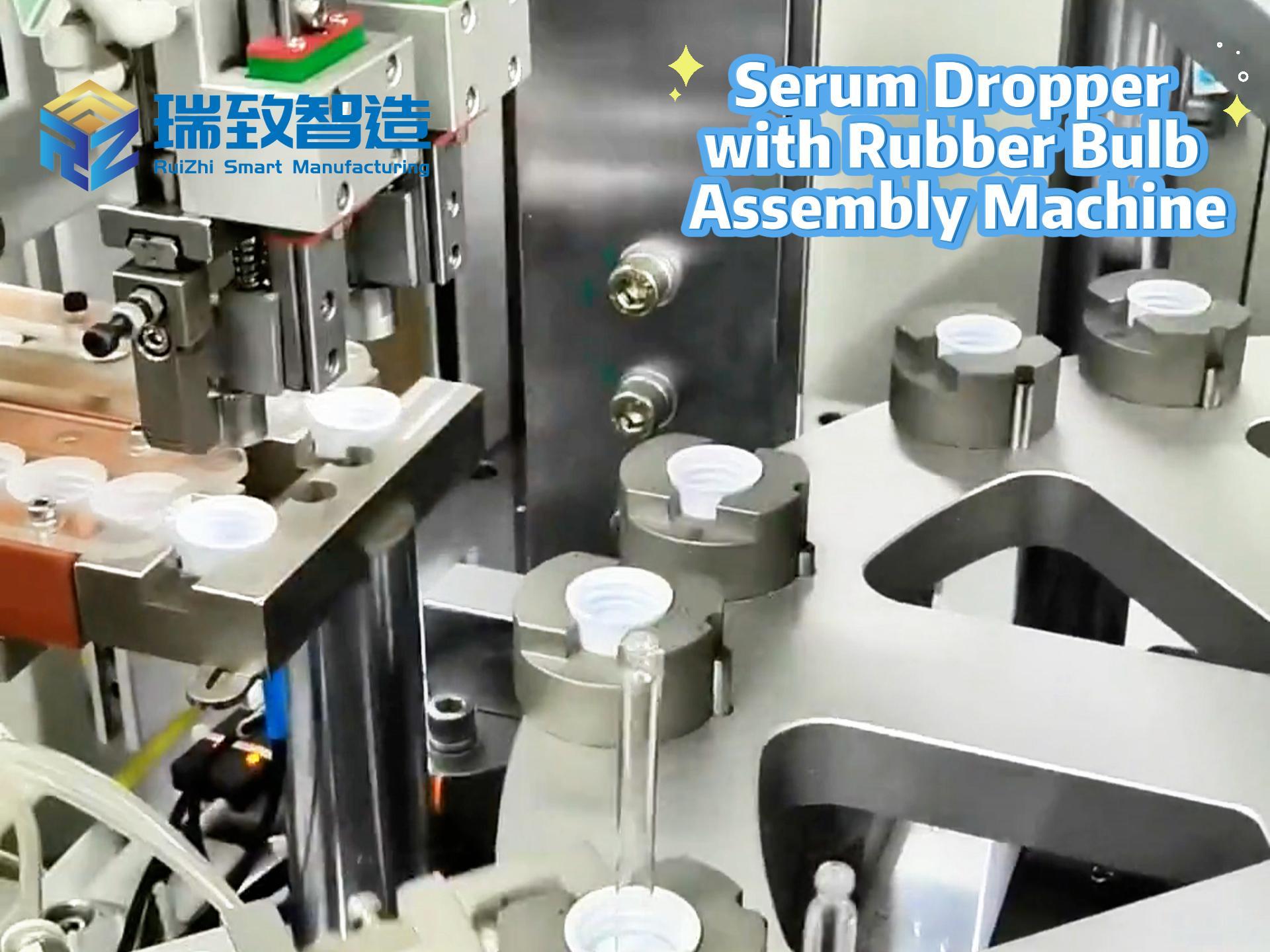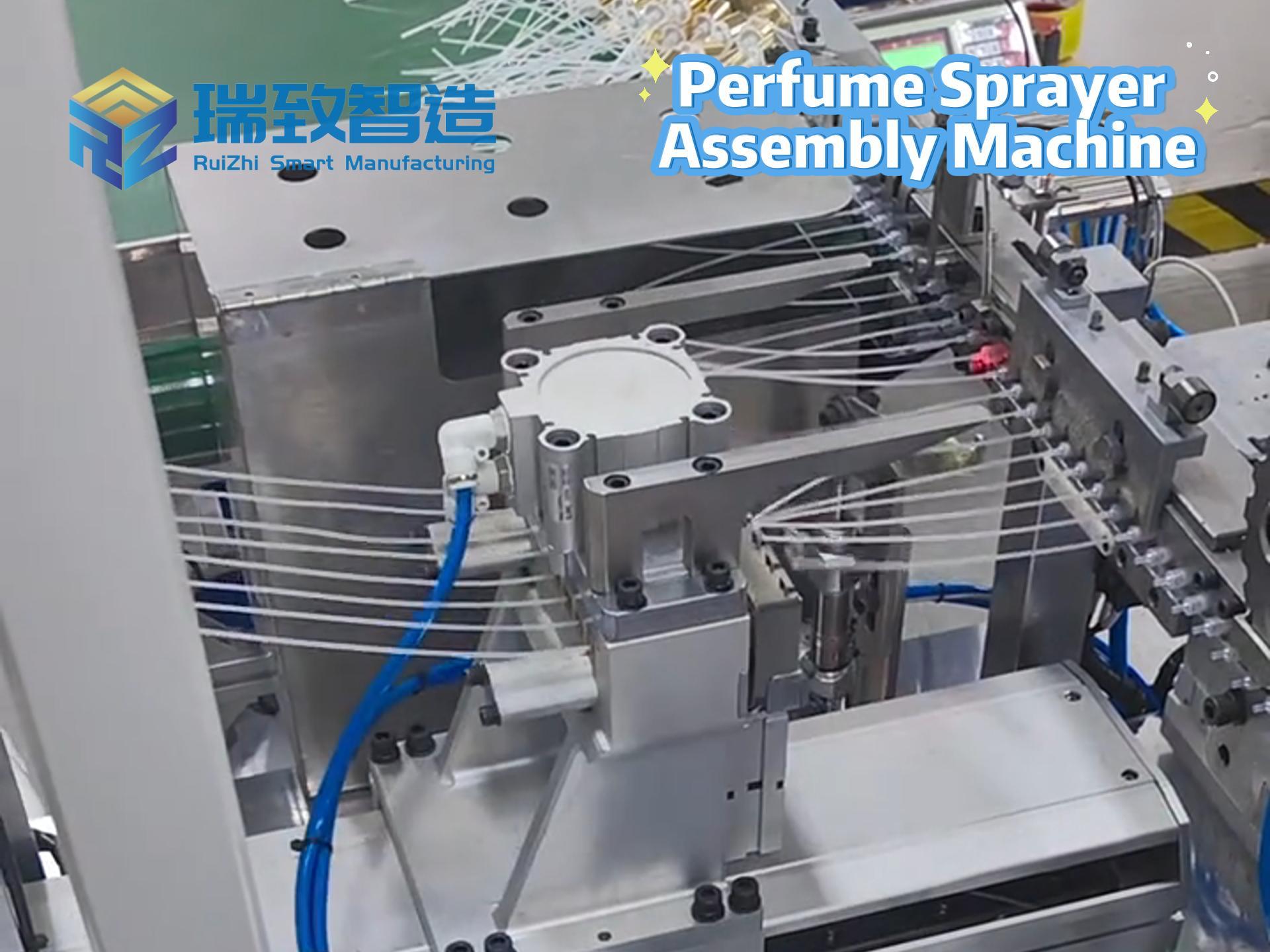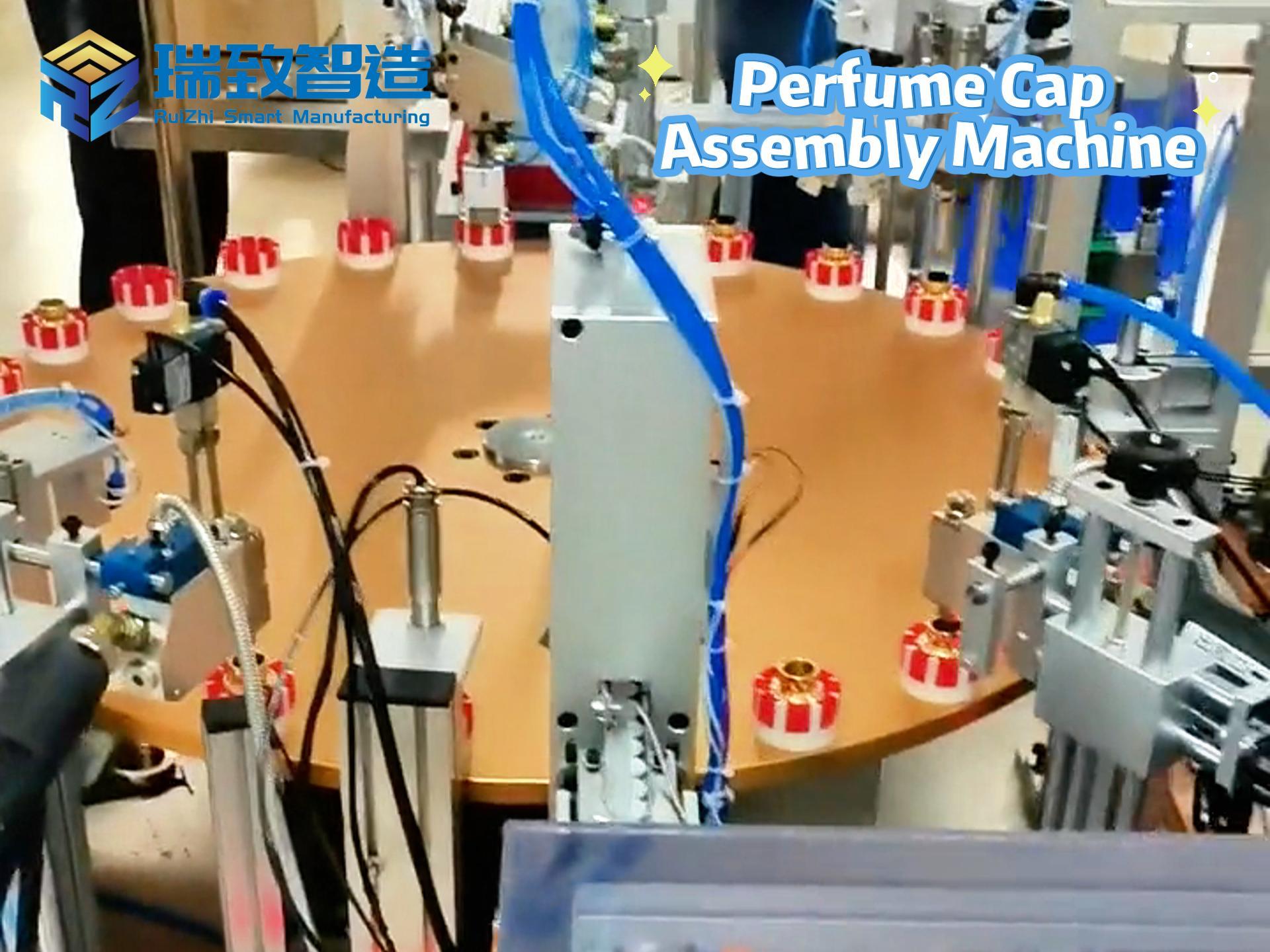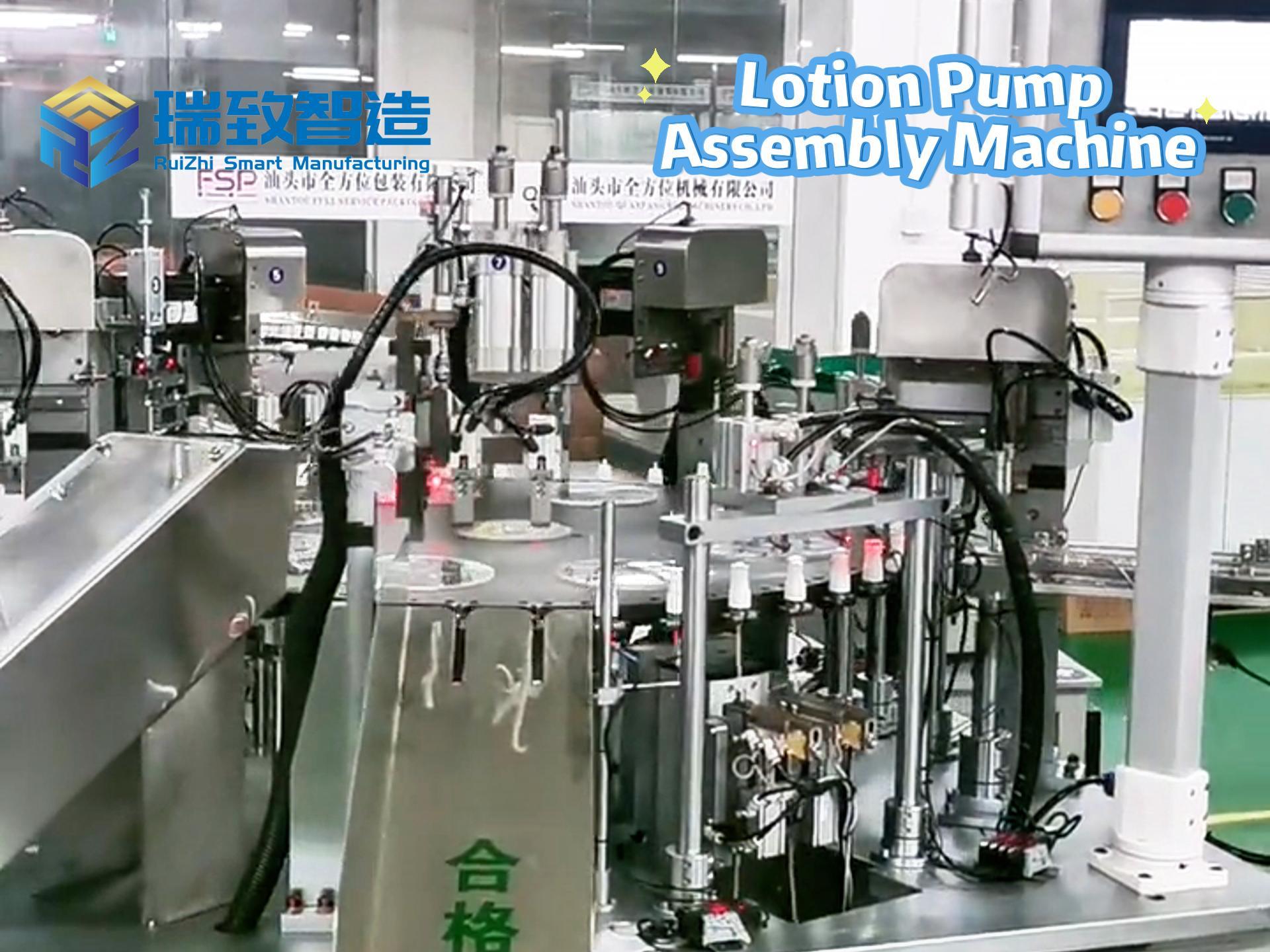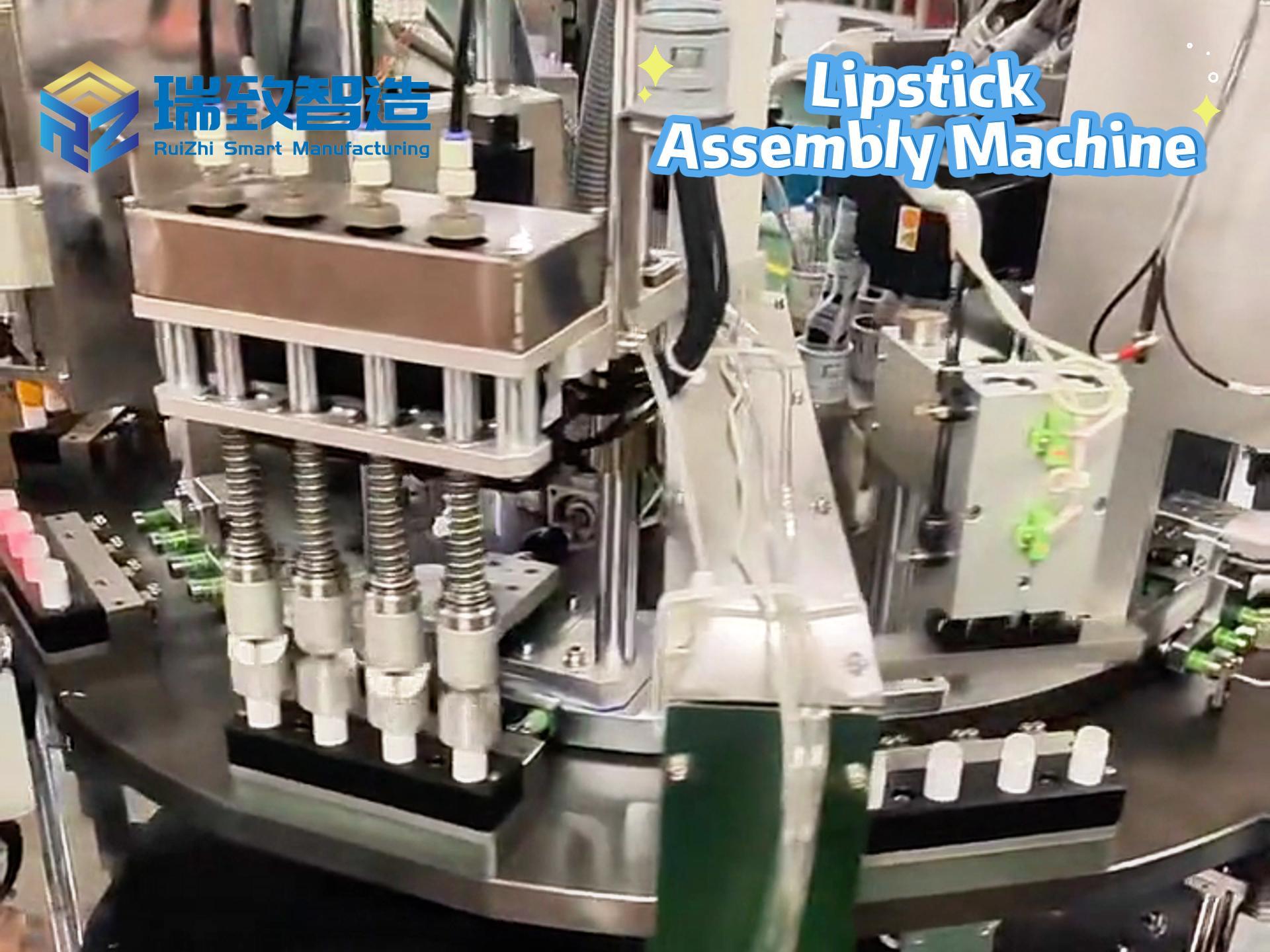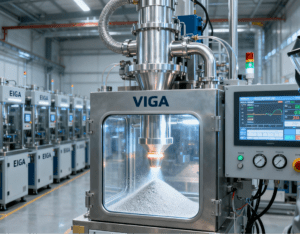
Amid the wave of deep integration between the automotive and robotics industries, a growing number of enterprises in the automotive supply chain are stepping out of traditional tracks to seek new growth drivers. On the evening of September 8, Zhengyu Industry, which has been deeply engaged in automotive shock absorption systems for over 20 years, announced a significant plan: it intends to join hands with Dong Bo, an industry technical expert with dual doctoral degrees, to jointly invest 10 million yuan in establishing Shenzhen FiberSen Robotics Technology Co., Ltd. (hereinafter referred to as “FiberSen”). Among them, Zhengyu Industry will contribute 6 million yuan in currency to hold a 60% stake, officially declaring its entry into the core track of flexible tactile sensing for robots—known as “electronic skin”—becoming another typical case of auto parts enterprises branching out into the robotics field.
Zhengyu Industry Has a Solid Main Business Foundation, with Automation Experience Laying the Groundwork for Cross-Industry Layout
As a participant in the auto parts sector, Zhengyu Industry’s main products cover automotive suspension system shock absorbers, automotive rubber shock absorption products, and engine seals, etc. In recent years, the company’s performance has shown an upward trend. In the first half of this year, Zhengyu Industry achieved an operating income of 1.356 billion yuan, a year-on-year increase of 39.62%; the net profit attributable to shareholders reached 119 million yuan, a substantial year-on-year increase of 420.67%. Its accumulated experience in automated production lines in auto parts production, such as the mature application of the 4–Axis Robotic Tray Loading System, has laid a solid foundation for intelligent manufacturing in its cross-industry layout in the robotics field.
FiberSen Has a Clear Positioning, Focusing on the Technical Closed-Loop of Robotic Flexible Tactile Sensing
While consolidating its auto parts business, Zhengyu Industry has ly seized the opportunities brought by the integration of the automotive and robotics industries. The newly established FiberSen has a registered capital of 10 million yuan, with Zhengyu Industry subscribing 6 million yuan in currency and holding a 60% stake. It will focus on the research and development of flexible tactile sensing technology for robots, the design and manufacturing of sensors, as well as the development and testing of signal processing systems, committed to building a complete technical closed-loop for flexible tactile sensing systems.
Flexible Tactile Sensing: A “Bottleneck” in the Robotics Industry, with Urgent Demand for Domestic Substitution
The flexible tactile sensing targeted this time is one of the “bottleneck” links in the current robotics industry. This technology, known as “e-skin,” can simulate the human skin’s ability to perceive pressure, temperature, and humidity through an array of micro-sensors on a flexible substrate, and even achieve the recognition of object textures. It is crucial for robots to realize precise grasping, safe human-robot interaction, and operation in complex environments. However, in the current domestic market, high-end flexible tactile sensors still rely on imports, and local products generally suffer from problems such as low sensitivity, short service life, and poor compatibility. Especially in scenarios like precision assembly of industrial robots and care interaction of service robots, the demand for domestic substitution is urgent.
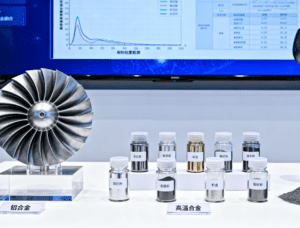
Broad Market Prospects, with Global Scale Expected to Reach 6.8 Billion US Dollars by 2033
According to estimates by VerifiedMarketReports, the global flexible pressure sensor market is expected to reach 6.8 billion US dollars by 2033, with a compound annual growth rate of 12.1% from 2025 to 2033.
Introducing a Dual-Doctor Technical Leader to Escort R&D Breakthroughs
To ensure breakthroughs in flexible tactile sensing technology, Zhengyu Industry has introduced Dr. Dong Bo as a “core” technical leader. Dr. Dong Bo holds dual doctoral degrees: a Ph.D. in Optics from Nankai University and a Ph.D. in Electronic and Computer Engineering from the National University of Singapore. He has made remarkable achievements in photonic integrated devices, SAW/BAW chips, and photoelectric detection, among other areas. He has not only been selected into the list of the world’s top 2% scientists jointly released by Stanford University and Elsevier but also serves as an expert reviewer for national science and technology awards and national key projects. At FiberSen, Dr. Dong Bo will be responsible for technical research and development, building a professional team, and leading sensor-related projects to ensure that the R&D progress aligns with the business plan formulated by Zhengyu Industry.
Risk Reminder: Uncertainties in Technology Development and Market Acceptance
However, Zhengyu Industry also admitted in the announcement that the flexible tactile sensing system to be developed by FiberSen is still in the initial stage of technical development, with risks that the development may not meet expectations or even fail. In addition, the launch time of the proposed products and their future market acceptance are also uncertain.
Cross-Industry Layout Industrial Integration Trend, Expected to Open Up New Growth Drivers
Despite the challenges ahead, Zhengyu Industry’s cross-industry layout in the robotics field this time is a positive attempt to comply with the trend of integration between the automotive and robotics industries. As technologies accumulated in the process of intelligentization and electrification in the automotive industry—such as sensor technology and control algorithms—exhibit increasingly significant technical synergy with the robotics industry, Zhengyu Industry is expected to leverage the experience and resources accumulated in the auto parts manufacturing field to explore its own development path in the niche track of robot flexible tactile sensing, open up new profit growth points for the company, and contribute to promoting technological innovation in the robotics industry.

